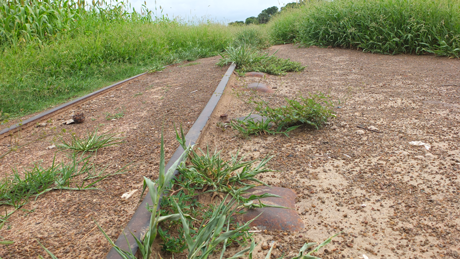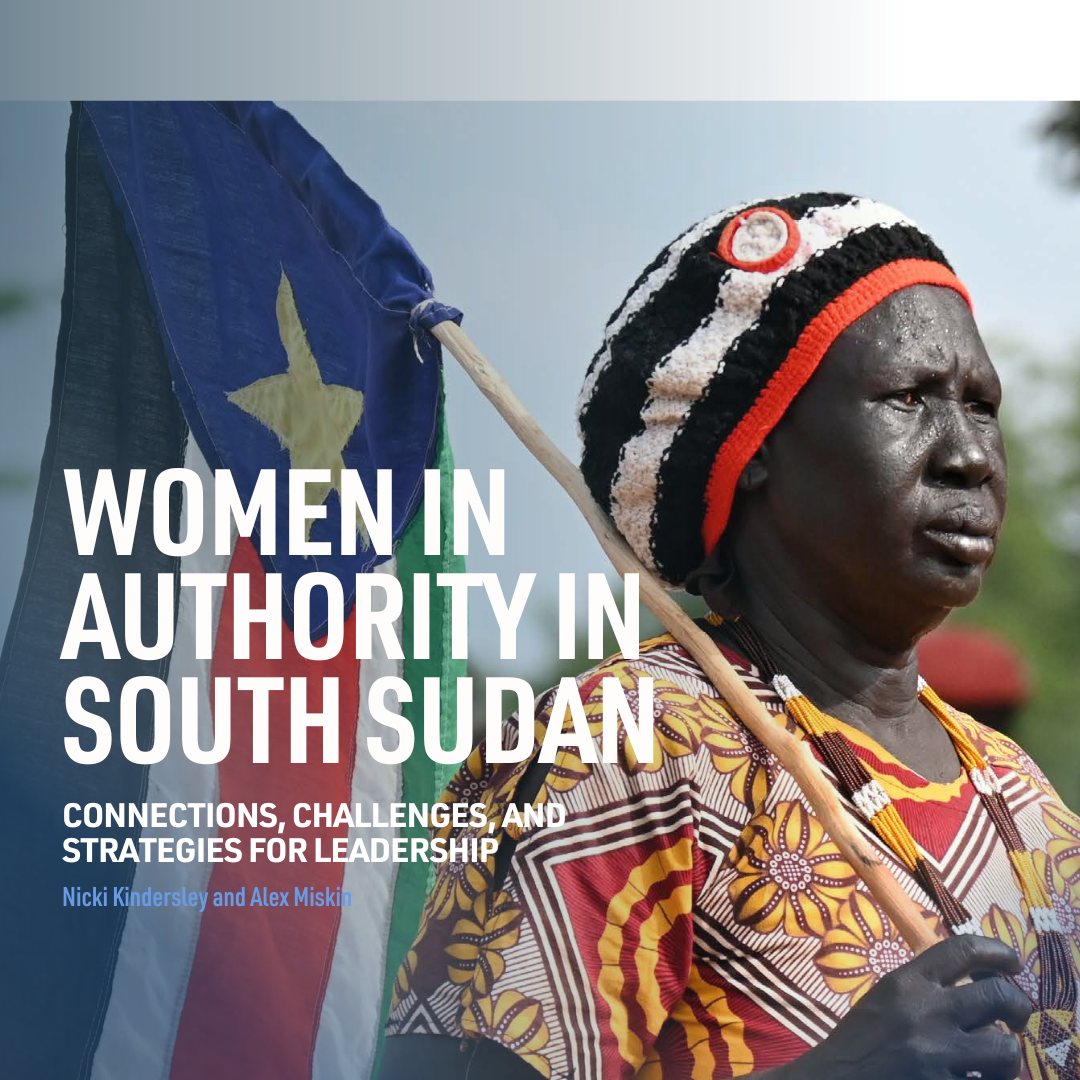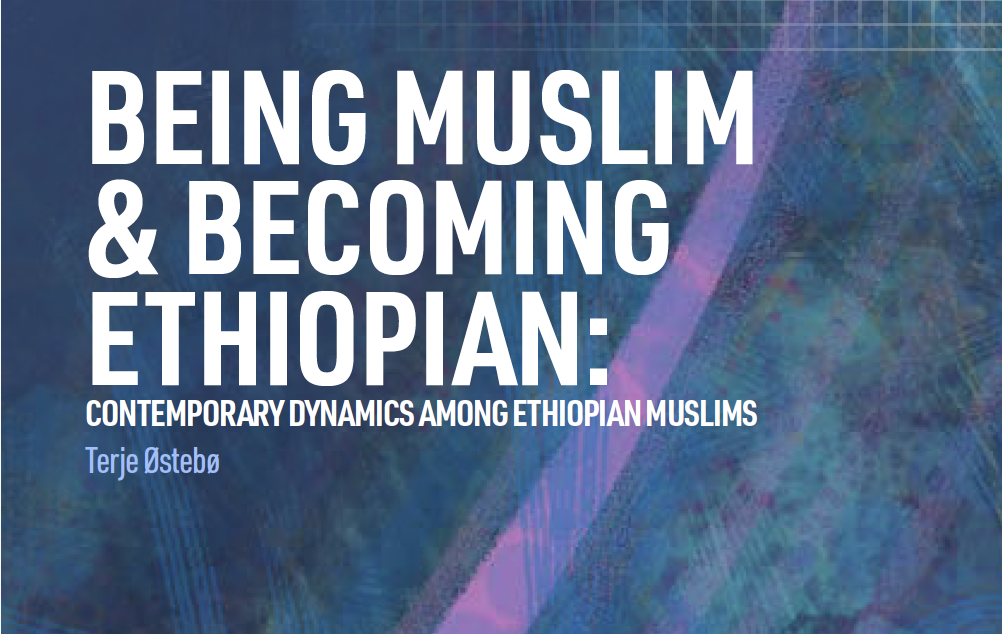RVI’s ongoing South Sudan Customary Authorities (SSCA) project is seeking to deepen understanding of the changing role of chiefs and traditional authorities in South Sudan. As part of this project, RVI has trained a team of researchers in oral history to conduct research with customary authorities and their constituents in different parts of South Sudan, and with displaced communities outside its borders. This Letter from Aweil was written by Nicki Kindersley, a Senior Researcher on the SSCA project and a Harry F. Guggenheim Research Fellow at Pembroke College, at Cambridge University. Her research focuses on the history and contemporary politics of customary authorities’ roles in periods of famine, mass migration, and conflict. The letter is part of a series published by RVI from each of the research sites, to illustrate the diversity of the research projects and the ways in which customary authorities are represented across different communities. Aweil is located in the Bahr el-Ghazal region of South Sudan, near its international border with the Republic of Sudan.
Aweil is lush and green with rains at the moment. Fields that I had last seen hard and crisp with dried seedlings, back in June 2015, are now months away from yielding. Aweil town continues to bustle, with football tournaments every evening at Independence Square, and donkey carts careering past pedestrians hopping puddles.
It is often said that the former state of Northern Bahr el-Ghazal—which stretches from the borders of the Central African Republic across southern Darfur up to Abyei—is untouched by South Sudan’s on-going civil wars. It is certainly peaceful. Yet the rows of shops shuttered in the central market, the abandoned houses in the suburb of Maper Akot, and the near empty nearby village of Apada, are evidence that the region is still deeply affected by these wars.
The last few years of conflict have hollowed out the economy of Aweil and the surrounding towns and countryside. The region has been on the brink of famine for two years, held at bay by continuing food distributions to starving residents. Aweil’s military-political elites maintain tight control of Darfur border posts and the illegal cross-border trade with Sudan, which, nevertheless, provides most of the region’s goods and imported food The South Sudanese Pound’s collapse after July 2016 laid waste to the tiny formal employment sector and closed many businesses.
Yet this situation is not new to Aweil’s residents. Much of the region’s population—many of whom fled to Darfur and Khartoum during the past civil wars—is returning north once again, to farms and refugee camps across the border in Sudan, and to Khartoum if possible. For this scattered population, chiefs and gol (extended family) representatives seek to manage the reorganisation of marriages, distant deaths in the current war, food aid and child support. The current situation is part of a lifetime of survival strategies and violent memories.
 The past civil wars are memorable even to men and women in their twenties, some of whom were kidnapped as children and forced into slave labour or worse. The violence of the war is still imprinted on the landscape: in Aweil’s twisted railway tracks which brought the Sudan army and militias southwards; in discussions of mass grave sites which pepper villages and small towns; and in the ruins of Sudan Army commanders’ houses in Wadweil.
The past civil wars are memorable even to men and women in their twenties, some of whom were kidnapped as children and forced into slave labour or worse. The violence of the war is still imprinted on the landscape: in Aweil’s twisted railway tracks which brought the Sudan army and militias southwards; in discussions of mass grave sites which pepper villages and small towns; and in the ruins of Sudan Army commanders’ houses in Wadweil.
The horrific famines of 1988 and 1998—with deaths uncounted, but running into the hundreds of thousands each year1—forced many into flight, forced labour, or into the various militias and militaries operating in the region. From this desperate population, many men of all ages have fought in several wars, often on both sides—for the Sudan Armed Forces or their locally recruited militias of Akec Ja’ali and Abdel Bagi, and for various, but equally violent, SPLA commanders from Gok Machar to Wanyjok. For most, this recruitment was neither forced nor voluntary, but a form of survival when life choices were, as one man put it, ‘just between life and death.’
Today’s famine and flight to the north fits within a longer story, of vulnerable communities subjected to the forces of elite wars, armed predation, and underpaid or unpaid migrant labour. Aweil’s military has already soaked up the local surplus of underemployed young men—mostly returnees from Sudan over 2006–2012 period—into militia-style forces deployed in the current conflict. Families in northern Bahr el-Ghazal count their many dead, but receive no bodies for burial. People who have taken their families into Darfur again are unlikely, they say, to return. Those remaining in Aweil call them the ‘Malesh Omer’, the ‘Sorry Omer’—those who return apologetically to Sudan’s President Omer el-Bashir, fleeing from their new nation.
Notes
1. African Rights, Food and Power in the Sudan (1997), p. 99



